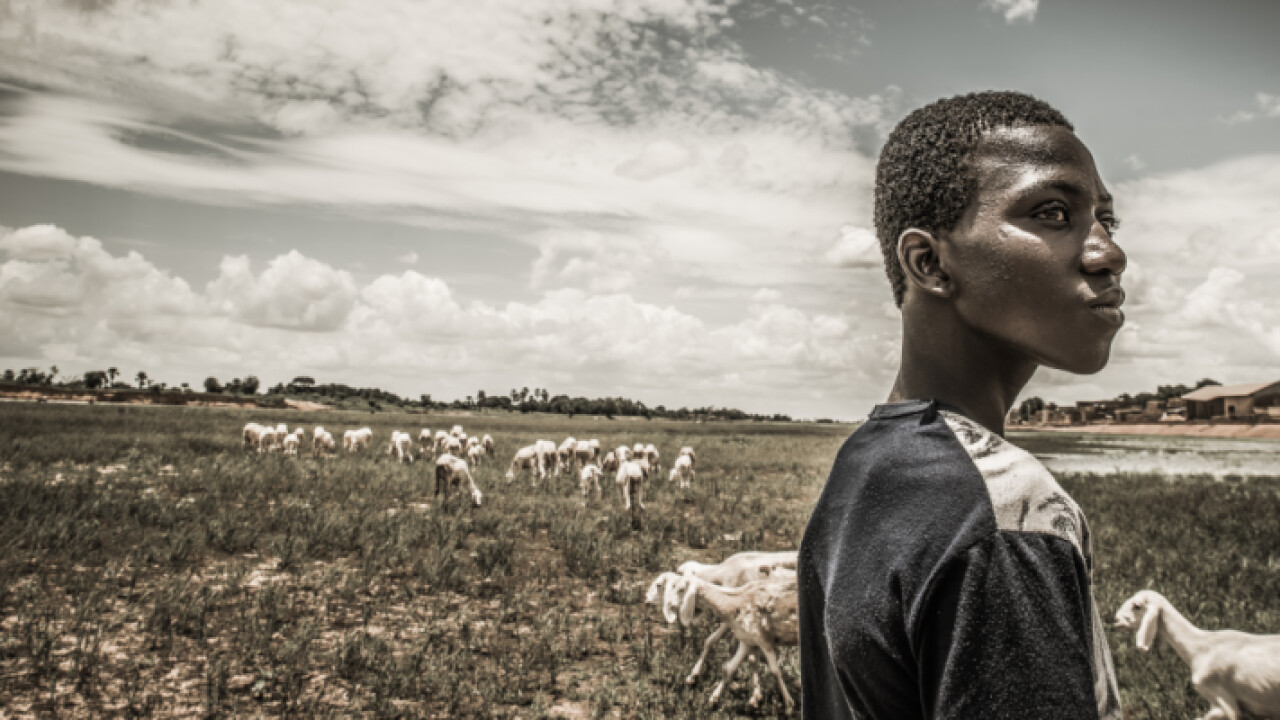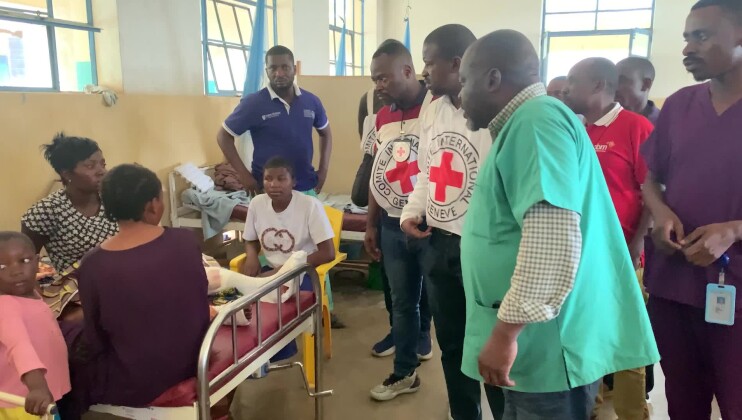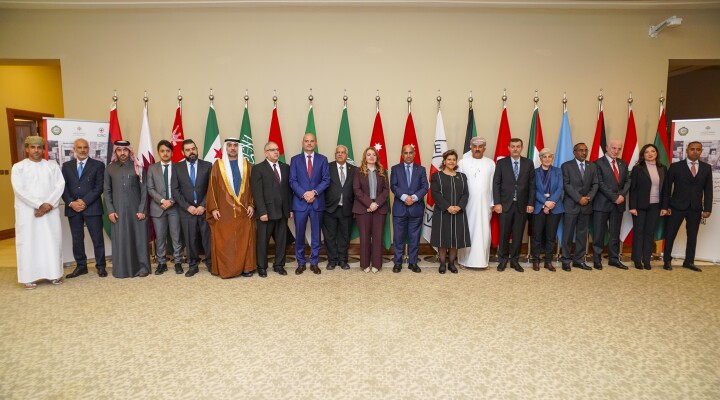ICRC report: Climate change and conflict are a cruel combo that stalk the world’s most vulnerable
Geneva (ICRC) – Countries affected by conflict are also disproportionately impacted by climate change, a double threat that pushes people out of their homes, disrupts food production, cuts off supplies, amplifies diseases and weakens health-care services, the International Committee of the Red Cross (ICRC) said in a new report today.
The report – When Rain Turns to Dust – is based on research in southern Iraq, northern Mali and the interior of the Central African Republic. It explores people’s experience with conflict and climate risks, their ways of coping and adapting and how, in the absence of adequate support, they may be forced to drastically change their way of life, diversify their livelihoods or move away from their homes.
Of the 20 countries most vulnerable to climate change, the majority are at war[1]. By 2050, 200 million people could need international humanitarian aid every year, double the number in need now.
“Climate change is cruel. While it will be felt everywhere, its most crippling effects will be borne by the world’s most vulnerable. We witness every day the impact of climate shocks and environmental degradation on conflict-affected communities. Their ability to adapt is being radically eroded by violence and instability. These shocks cost lives,” said Catherine-Lune Grayson, ICRC’s in-house expert on climate change.
- In places like Mali or Iraq, people made it clear that environmental and climate factors are making their lives harder by threatening their access to water and food, their economic security and affecting their sense of dignity as they struggle to meet their families’ needs.
- In the Central African Republic, people spoke of tensions between farmers and herders due to changing human movement patterns and the authorities’ limited capacity to regulate it. They asked for help in managing tensions as well as support to chart changes to agricultural calendars, as they can no longer read the weather and traditional crop calendar are no longer reliable.
- In northern Mali, pastoralists and farmers described how their ways of coping with repeated droughts and occasional intense rains have been disrupted by the conflict and are accelerating changes to their way of life, forcing some to move south or to cities.
- In northern Mali and CAR, people have recently lost homes, livelihoods and harvests to flooding and ask for help to recover and ensure that the next floods do not make them homeless again.
- In Iraq, between 1950 to 1990 sandstorms occurred less than 25 times a year; in 2013 there were some 300. One Iraqi ICRC staff member mused: ‘Before, rain was falling. Now, dust is falling.’
“Unmitigated climate change will cause the number of people in need to grow exponentially – and humanitarian organizations are already unable to meet humanitarian needs. Climate risks can lead to development reversals and systemic breakdown, particularly in fragile and conflict-affected states, which are currently most neglected by climate action,” Ms. Grayson said.
The ICRC is calling for mobilization from within and beyond the humanitarian sector so that climate action and finance reach conflict zones and to ensure that communities hit hardest get the support they need to adapt to a changing climate.
End of news release.
For more information: https://www.icrc.org/en/climate-change-conflict
Contact: Aurélie Lachant, ICRC Geneva Public Relations Officer / Spokesperson, Tel: +41 (0)79 244 64 05, E: alachant@icrc.org
[1] The ND-Gain Index summarizes a country's vulnerability to climate change and other global challenges in combination with its readiness to improve resilience.




